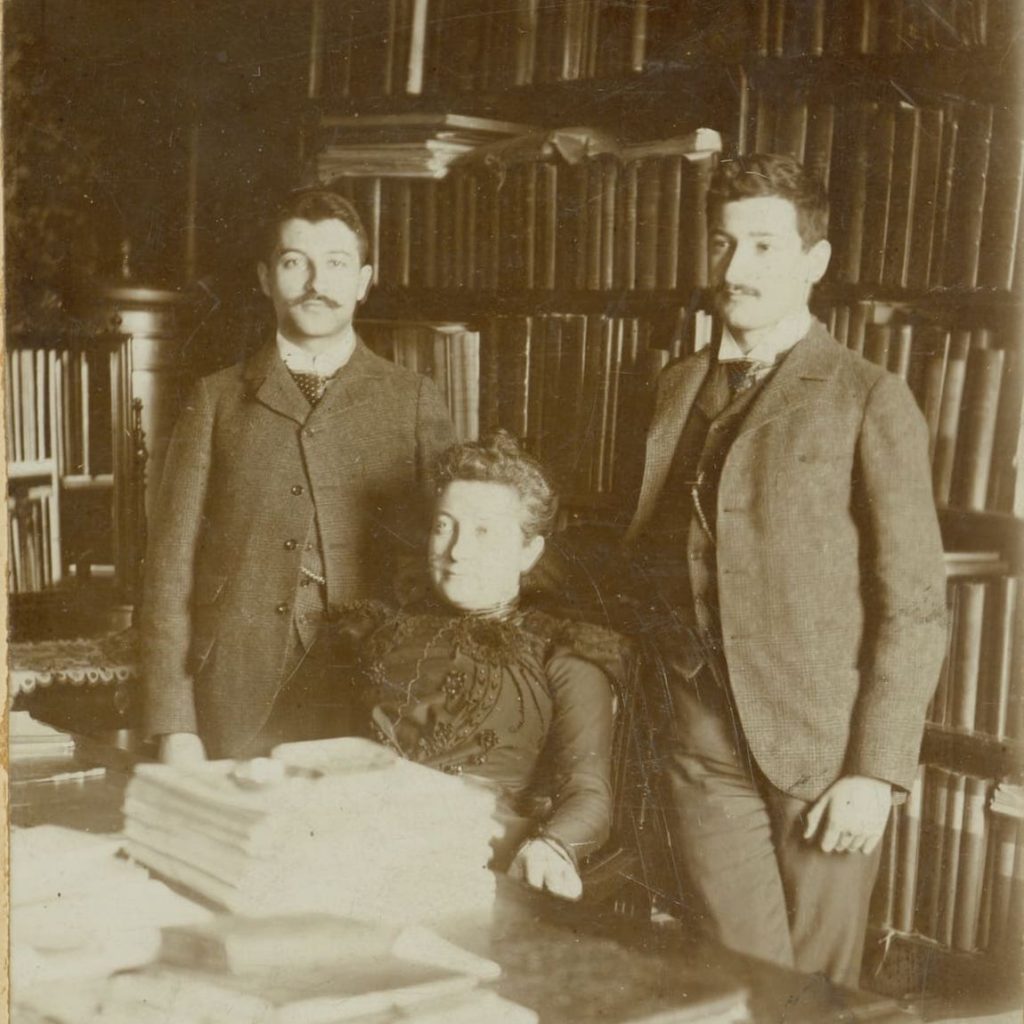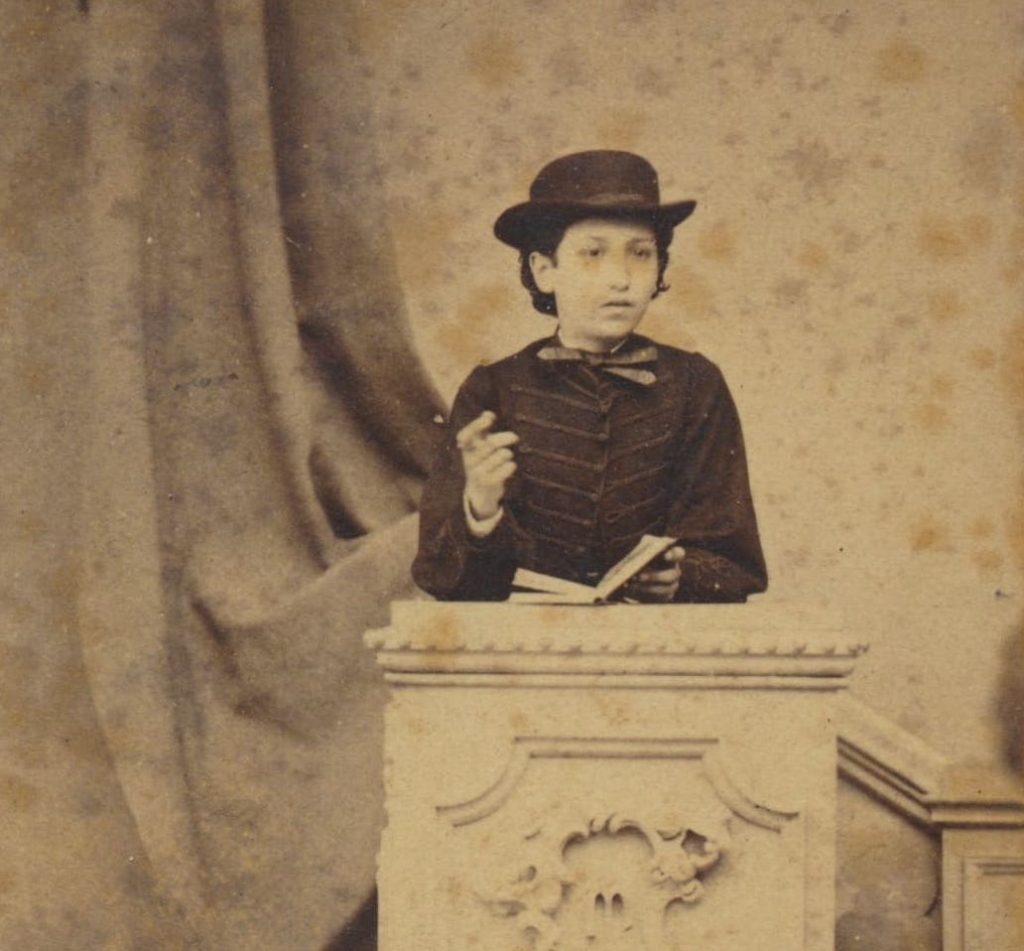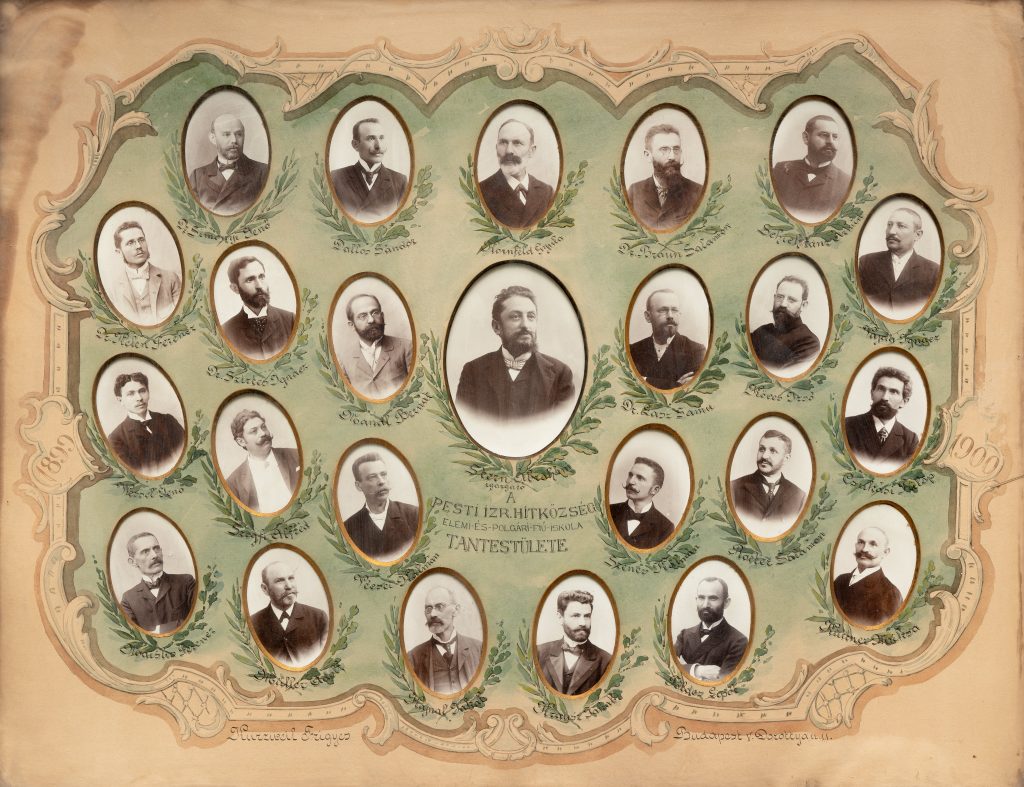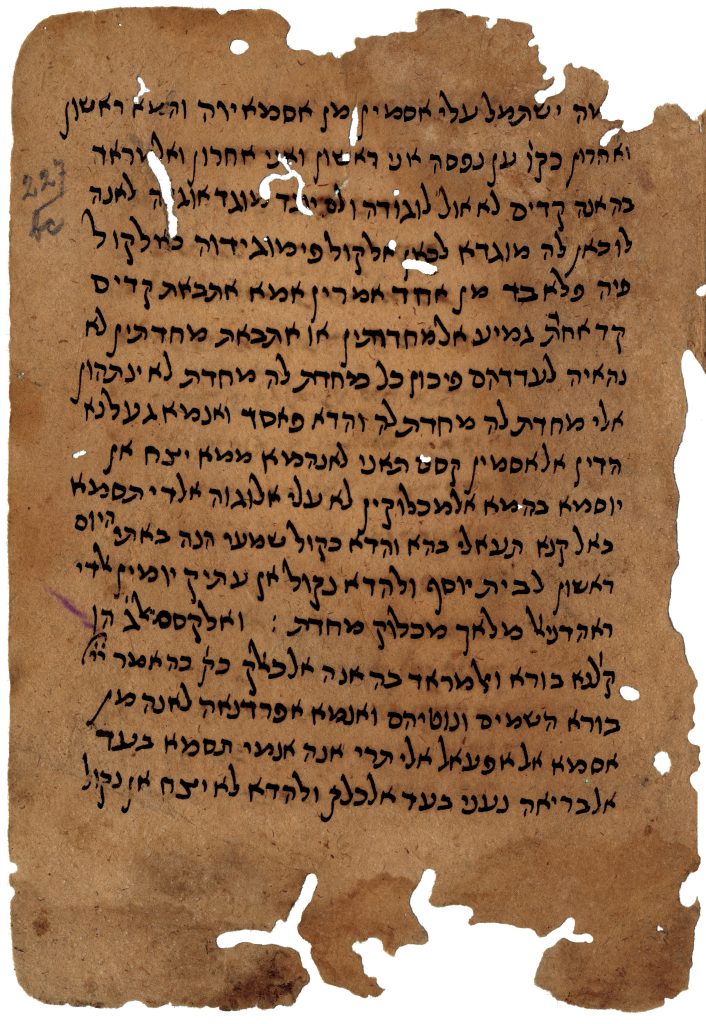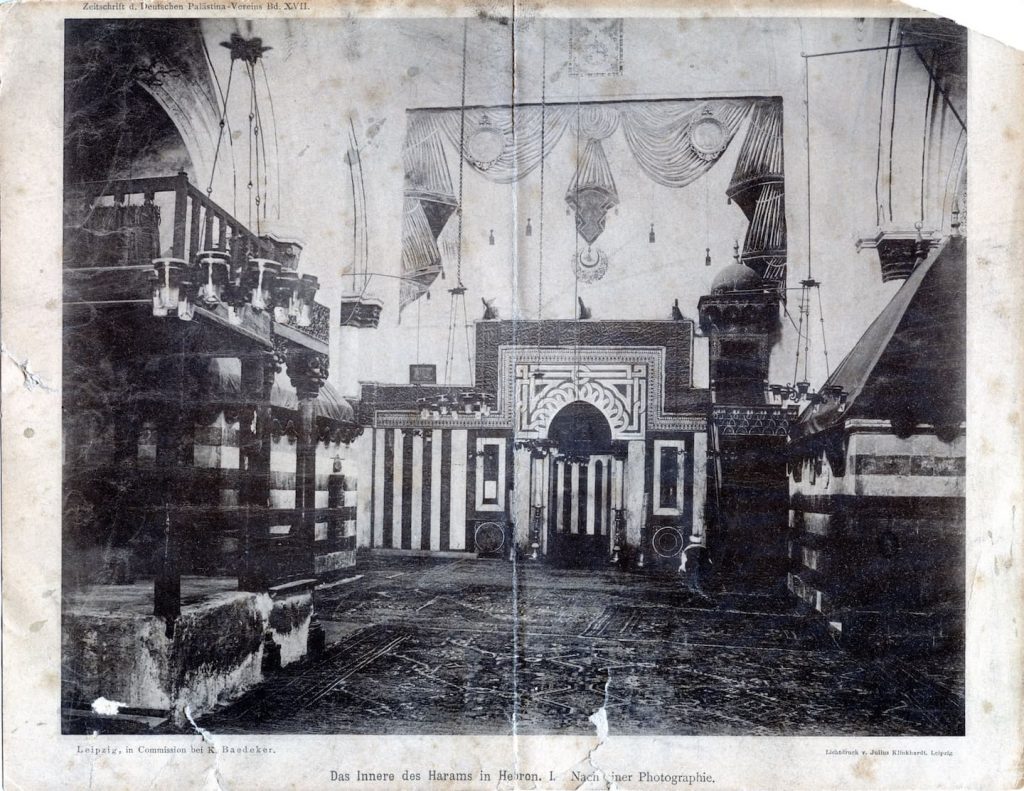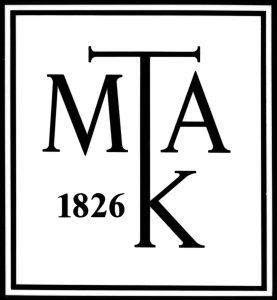Memorial Website of Ignaz Goldziher
The scholar of Islam
„The undisputed master of Islamic Studies”
Islamic Studies always stood at the forefront of Goldziher’s interest. He was the first to treat Islam as an independent discipline within Oriental studies, and make it suitable for modern scientific enquiries. His activity covered all significant aspects of Islam and he disclosed his results to the world in influential books and scholarly articles.
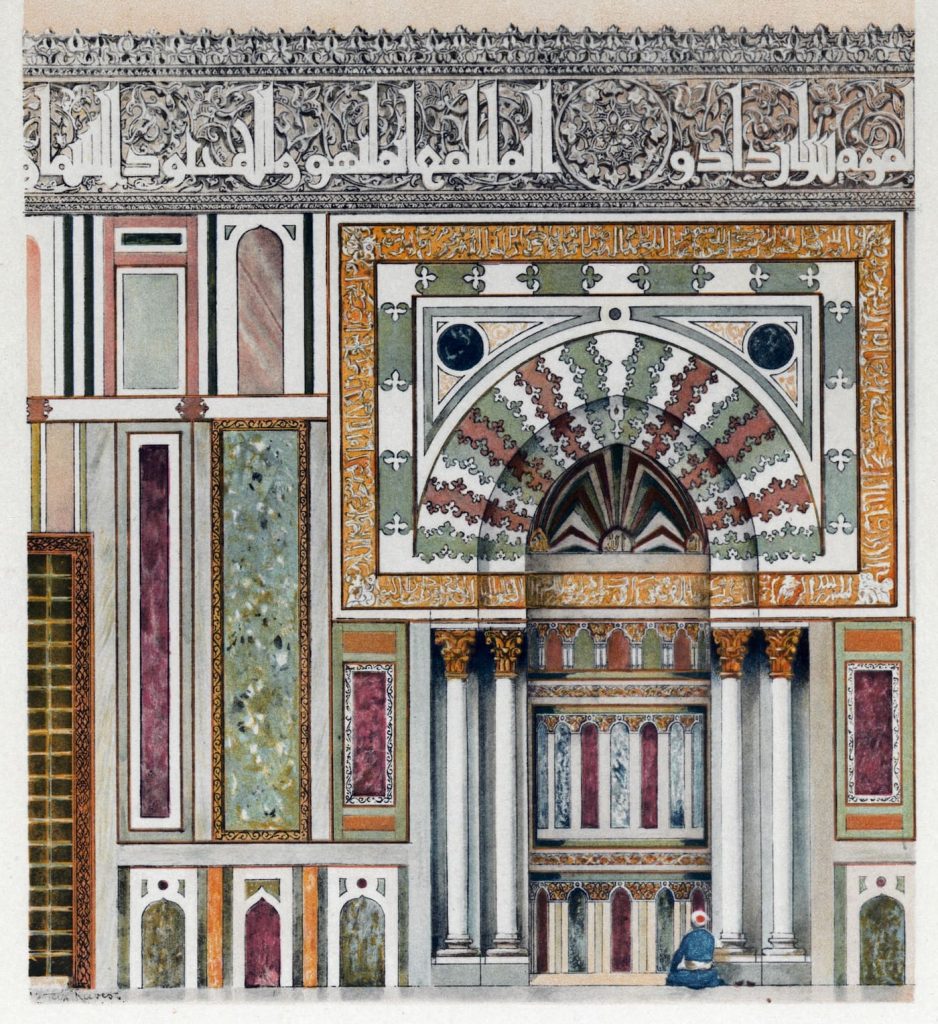
- Updated: November 6, 2021
- 15:29
The six chapters of his first comprehensive study, Islam, which appeared in Hungarian in 1881, already contained within their far-reaching topics the embryos of the cardinal ideas of his later, crucially important monumental German-language books: the characteristic features of the religion which originated in the desert; his ideas on Islamic traditions, that is, the Science of Hadith; his views on saint worship and on the effects of other religions on Islam. In the same book he touched briefly on the connection between Islamic architecture and religion, as well as on the relation between Islam and science.
The two volumes of Ignaz Goldziher's outstanding book entitled Muhammedanische Studien deal with Islam and more particularly with Hadith and appeared in 1889-1890.
Entire text in REAL repository
A basic characteristic of his work was his deep knowledge of Arabic manuscript sources on which he relied, and quoted widely, to support his arguments. This was especially important in his days, when Arabic text editions were rarely accessible. Also, he was well-acquainted with Arabic religious literature already available in print, where he frequently found corroboration for his thoughts. Thanks to this, most of his hypotheses have endured and remained relevant until today.
Moreover, he made use of the latest Western hypotheses in religious studies, and did not ignore the Christian and Islamic reform movements, closely following their developments. In his critical analyses, he confidently used the hypotheses and methodology of contemporary literary and social sciences, especially the historical and comparative methods that he incorporated into his own field.
His work dealing with a special branch of Islamic jurisprudence, which appeared in Leipzig, in 1884, reflect his excellent knowledge of manuscript sources.
Entire text in REAL repository
In his main works on Islam, he dealt in great detail with several crucial questions: Islamic jurisprudence; Hadith studies; schools of Quranic Exegesis; the cult of saints; as well as the different religious schools and movements. In this connection, he published several text editions, such as the biography of Hadith narrators living to an advanced age; the theological handbook of the Almohads, the last dynasty of Western Islam; and a polemical treatise written in the 11th century against the esoteric teachings of the Ismailis. Several of his treatises dealt with the Shiites, a topic rarely discussed in those days by European Orientalists; in another study he compared Iberian and Eastern Islam, being the first to point out the decisive importance for the development of Islamic civilisation in Spain of knowledge brought from the Eastern Islamic lands. He also wrote extensively about popular beliefs in Islam and a wide range of other topics.
One of Goldziher's frequent topics was popular religion.
Goldziher’s publications in the Bibliographic database
Related publications
Bibliographic items related to this content
A spanyolországi arabok helye az iszlám fejlődése történetében összehasonlítva a keleti arabokéval
Értekezések a nyelv- és széptudományok köréből 6/4 (1877)
Abhandlungen zur arabischen Philologie, II. Das Kitâb al-mu`ammarîn des Abû Ḥâtim al-Siǧistânî
Brill, Leiden (1899)
Zeitschrift des Deutschen Palaestina-Vereins 19 (1896) 52-54
Enzyklopaedie des Islām. Hrsg. M. Th. Houtsma et al. Leiden, Brill, Band 1. (1913) 525
Globus 71 (1897) 233-240
Egyiptom: tanulmánykönyv a M. Kir. Vallás- és Közoktatásügyi-Minisztérium által 1896. jan. és febr. havában a tanárok számára rendezett tanulmányútról, szerk. Kőrösi László, Budapest, Pátria, 1899, 253-273
Was this content useful?
Share with your colleagues!
Related pages

